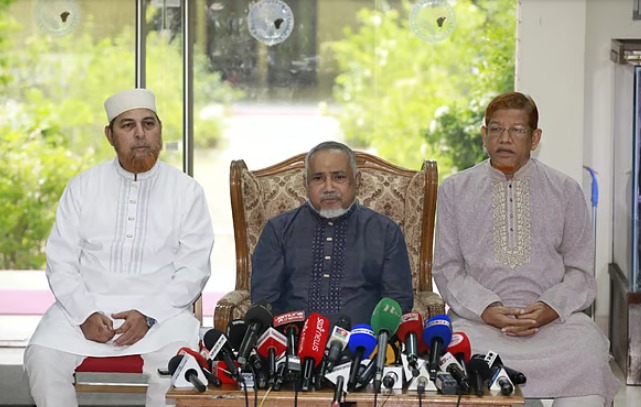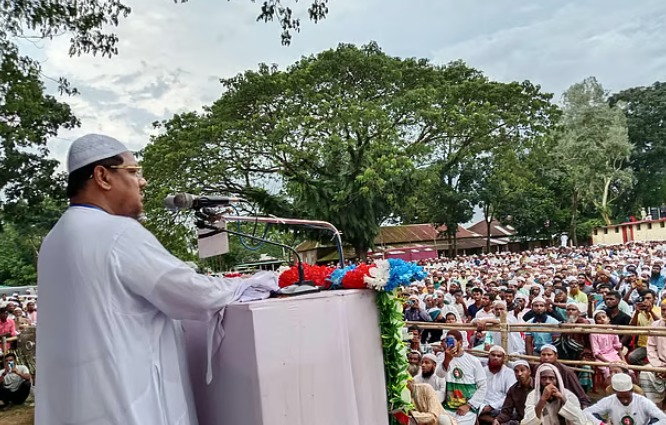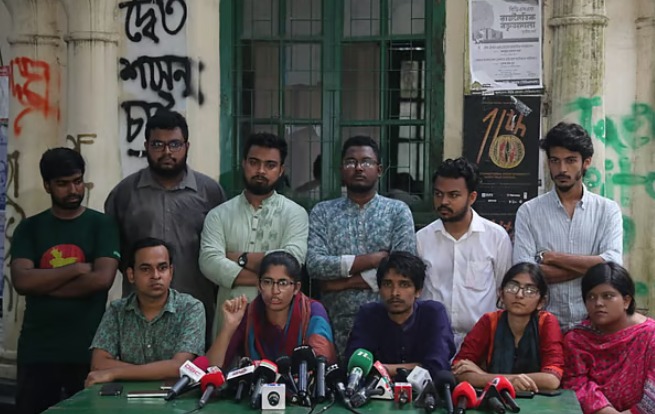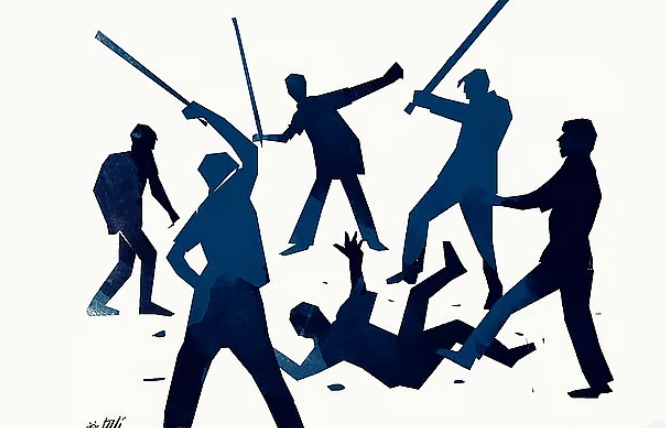Desk Report,
Draft of July Charter incomplete, some parts dangerous: Jamaat
Jamaat-e-Islami has called the draft of the July charter incomplete. At the same time, the party has called the proposal for the elected government to implement this charter within two years dangerous.
Draft of July Charter incomplete, some parts dangerous: Jamaat
Jamaat Naib-e-Ameer Syed Abdullah Mohammad Taher said this during a break in the 21st day of the second phase of the National Consensus Commission with political parties at the Foreign Service Academy in the capital on Tuesday.
Syed Abdullah Mohammad Taher said, “It is incomplete and some parts are dangerous. Today they are saying that it is just a sample, a mistake has been made. If that is the case, then there is no need to comment. But if that is the main thing, then it cannot be accepted.” Jamaat is preparing its own draft charter and will submit it to the commission, Taher said. He said, “There must be a legal basis for implementing the issues we agree on in the dialogue.” He proposed two ways – 1. Forming a legal framework through an ordinance and later approving it in the elected parliament. 2. Obtaining the final approval of the people through a referendum.
Syed Abdullah Mohammad Taher said, “We want to give legal legitimacy to this structure in any way.” He said they are in favor of consensus but it must be effective and within a legal framework. Otherwise, they fear that the country’s political future could move “towards uncertainty.”
The Jamaat leader said that there has been extensive discussion on the process of forming a caretaker government in the ongoing dialogue with the National Consensus Commission. He said, “We have agreed that the next national election must be held under a caretaker government, almost everyone agrees here, only BNP has made some observations.”
Abdullah Mohammad Taher said that according to the proposed framework, a five-member selection committee will be formed—the prime minister, the leader of the opposition, the speaker, the deputy speaker (of the opposition) and a representative of the second largest opposition party. They will select the head of the caretaker government from among 12 potential candidates.
If there is no agreement, then the decision will be made first unanimously, then by a choice vote, and then, if necessary, by ranked choice voting. In this method, there will be a total of seven voters—the five members mentioned above and one judge each from the Supreme Court and the High Court.
Jamaat’s Nayeb Amir said, “Two judges have been added so that a third party or anyone else does not become the deciding factor alone. We hope that the judges will remain impartial and the risk of horse trading will be reduced.” He said that BNP’s objection is basically that if there is no consensus, the matter should be sent to parliament. However, most parties, including Jamaat, think that sending it to parliament will not lead to a decision.
Abdullah Mohammad Taher said, “There are five-six parties in parliament, whereas more than 30 parties are represented in this body. It is important to take a final decision here.’
In addition to Jamaat-e-Islami, 30 political parties including BNP, NCP, Islamic Movement, Communist Party of Bangladesh (CPB), Mass Solidarity Movement participated in today’s discussion. The discussion was presided over by National Consensus Commission Vice-Chairman Professor Ali Riaz. Also present were Safar Raj Hossain, Justice Emdadul Haque, Dr. Badiul Alam Majumder, Dr. Iftekharuzzaman, Dr. Ayub Mia, moderated by Special Assistant to the Chief Advisor Monir Haider.




